Description
The AIMEquip Mechanical Bar Screen is a type of screening equipment used for the preliminary treatment of wastewater in wastewater treatment plants. It is designed to remove large solids such as sticks, rags, and other debris from the influent wastewater before it enters the treatment process, helping to improve the efficiency and effectiveness of downstream treatment processes.
The mechanical bar screen works by using a series of bars or grates with openings of varying sizes to capture large debris and solids. The captured solids are then removed from the screen using a mechanical cleaning mechanism, such as a rake or brush system
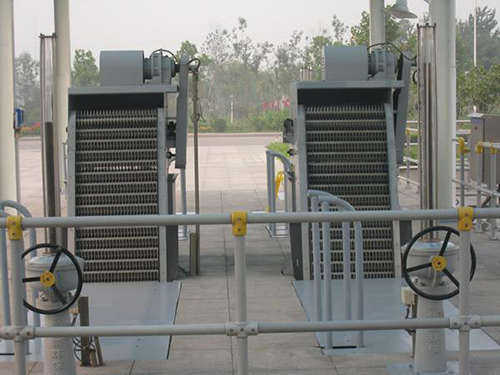
Mechanical bar screen Advantages
Higher removal rate
The mechanical bar screen is able to capture a higher percentage of large solids and debris from wastewater, helping to protect downstream processes and equipment from clogging and damage.
Self-cleaning function
The mechanical bar screen is equipped with a self-cleaning mechanism that automatically removes captured solids from the screen surface, reducing the need for manual maintenance and cleaning.
Long-term life span
It is designed to withstand harsh wastewater environments and has a long-term life span with minimal maintenance requirements.
Reliable Performance
The automated cleaning mechanism ensures consistent and reliable operation, reducing the risk of clogging and minimizing the need for maintenance
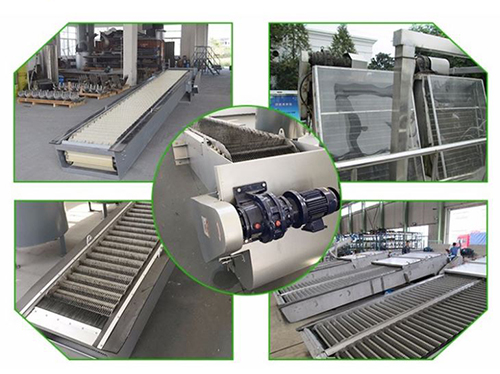
Mechanical bar screen Features
- The core component of a mechanical bar screen is the bar rack, which is typically vertical or inclined. The bars are closely spaced to capture large solid objects while allowing water to pass through.
- The spacing between bars and the size of the bars can be customized based on the specific requirements of the application.
- The drive system powers the movement of the cleaning mechanism. It can be electrically or hydraulically driven, ensuring reliable and efficient operation.
- Mechanical bar screens may have a control system that automates the cleaning process based on preset intervals or sensor inputs. This automation contributes to the overall efficiency of the screening operation.
- The bars and frame of the mechanical bar screen are typically made of corrosion-resistant materials such as stainless steel or durable plastics. This ensures longevity and resistance to the corrosive effects of wastewater.
- It can be designed with different installation angles, including vertical or inclined orientations. The choice of angle depends on the specific requirements of the application and the characteristics of the incoming wastewater.
Mechanical bar screen Parameters
|
Model(AIM-GS) |
600 |
800 |
1000 |
1200 |
1400 |
1600 |
1800 |
2100 |
2500 |
3000 |
|
Width (mm) |
600 |
800 |
1000 |
1200 |
1400 |
1600 |
1800 |
2100 |
2500 |
3000 |
|
Rake speed (m/min) |
2.5~3.0 | |||||||||
|
Passing speed (m/min) |
0.8~1.2 | |||||||||
|
Motor (kW) |
0.55~3.0 | |||||||||
|
Teeth Pitch(mm) |
3, 5, 8, 10, 20, 25, 30 (can be customized) | |||||||||
|
Install Angle(°) |
60, 65, 70, 75 (can be customized) | |||||||||
|
Channel width (mm) |
700 | 900 | 1100 | 1300 | 1500 | 1700 | 1900 | 2200 | 2600 | 3100 |
|
Channel depth (mm) |
≤9000 | |||||||||
|
Channel length (mm) |
≥300+500 | |||||||||
|
Disposal height(mm) |
1000 (can be customized) | |||||||||

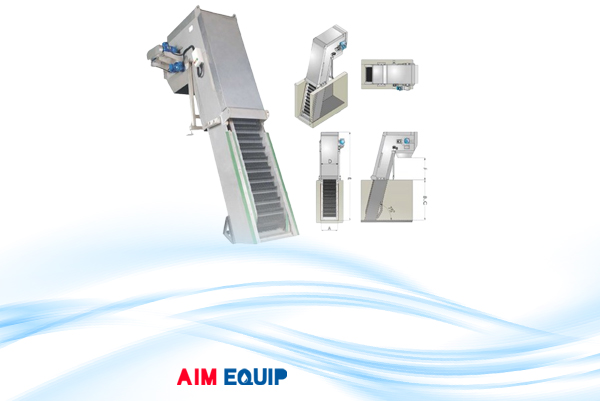
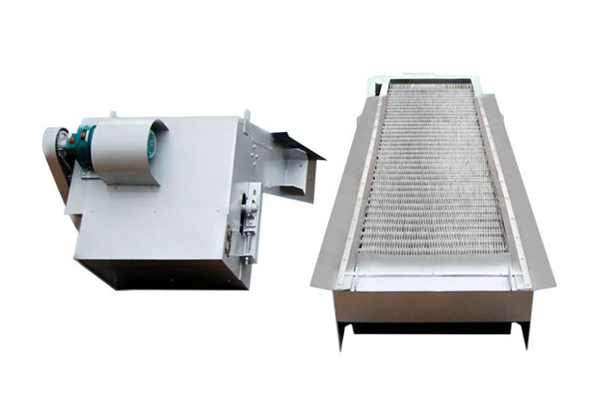
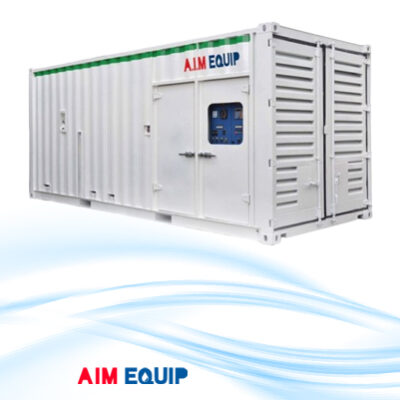

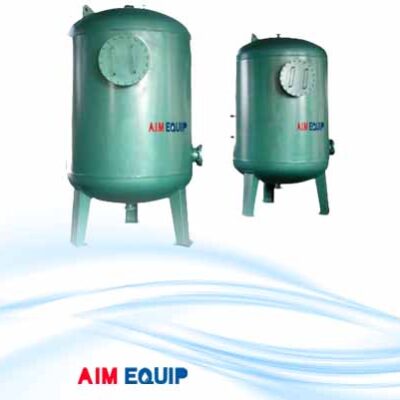
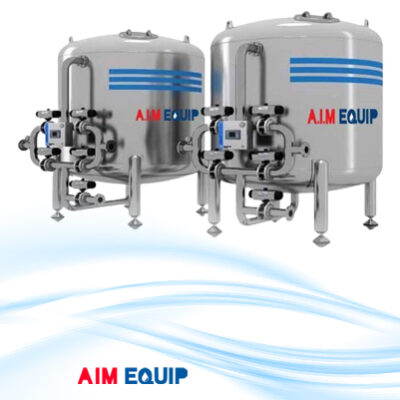
Reviews
There are no reviews yet.